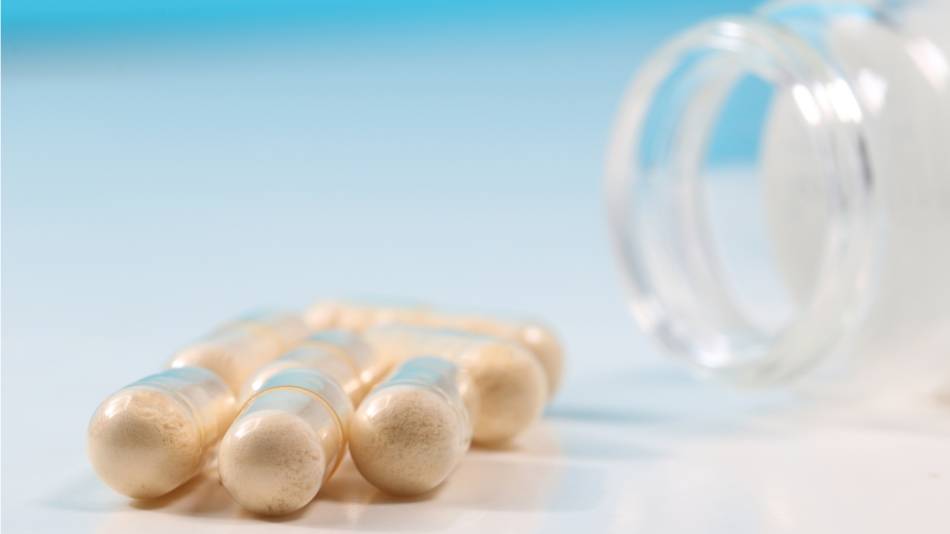
Answer:
Some, but not all, probiotics need to be refrigerated, both before and after they are purchased.
However, all probiotics need to be kept out of high heat. In fact, in 2009 the majority (85%) of probiotics selected for testing by ConsumerLab.com did not contain their listed amounts of organisms and, as ConsumerLab.com later learned, improper shipping and warehousing by distributors and retailers appears to have been at least partly to blame. Fortunately, ConsumerLab.com has found better results in more recent Reviews, probably due to improvements in refrigeration procedures by several companies.
Sign in as a member to learn which probiotics need to be refrigerated and which are shelf stable. Also, for probiotics that require refrigeration, learn how they should be shipped to you and how to maximize their shelf life.
For more information about probiotics and ConsumerLab.com's latest tests and comparisons, see the Product Review of Probiotic Supplements.
Join today to unlock all member benefits including full access to all CL Answers and over 1,400 reviews.
Join NowAlready a member? Sign In Here.
Join now at www.consumerlab.com/join/

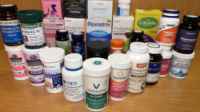
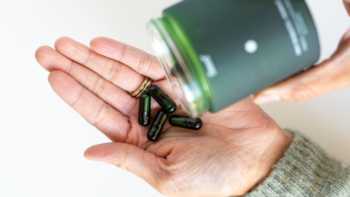
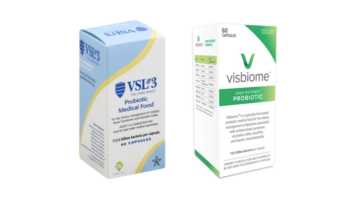
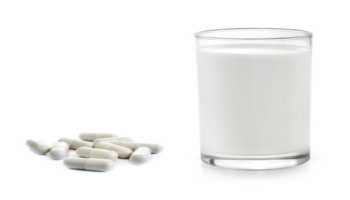

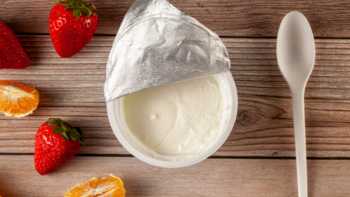






Janice300
April 27, 2023I see you mention that bacillus coagulans generally does not require refrigeration to remain viable. Do you have an opinion on the usefulness of tea bags that have probiotics added to them, specifically Bigelow's Lavendar Chamomile, which has added GanedenBC (Bacillus coagulans GBI-30, 6086)? Is this likely to provide any typical probiotic benefit -- after being steeped in boiling or near-boiling water? Thank you!
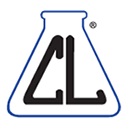 ConsumerLab.com
ConsumerLab.com
January 05, 2024Great question! We've added information about the viability of probiotics in teas to the following section of our Probiotic Supplements Review: https://www.consumerlab.com/reviews/probiotic-supplements/probiotics/#probiotics-in-tea
Reply to this post…
Carol298
September 21, 2017I just found out the soil-based, spore-forming bacteria are shelf-stable and do not require refrigeration. Three examples are Bacillus Coagulans, Bacillus Subtilis and Bacillus Clausii. These probiotics not only survive high temps in the body, but they survive stomach acid and antibiotics! B. Clausii fights C.Diff and STAPH and helps prevent diarrhea caused by antibiotics.
 ConsumerLab.com
ConsumerLab.com
September 25, 2017Hi Carol -Yes, as noted in our Probiotics Review ( https://www.consumerlab.com/reviews/probiotic-supplements/probiotics/#storage), spore-forming bacteria, such as these and probiotic yeast, don't require refrigeration.
Reply to this post…
Carol282
August 10, 2017Why take heat-sensitive probiotics in the first place, if they die immediately once taken into our bodies, which are in fact hot, at about 98.6 degrees fahrenheit. Am I missing something?
 ConsumerLab.com
ConsumerLab.com
August 10, 2017Your question is a good one, Carol. In general, to maintain good gut flora, what you eat every day is more important than the probiotic you take. Foods with fiber -- including inulin -- are best. However, probiotics may still be useful in certain situations, such as after antibiotic therapy. Our Probiotic Review includes extensive information about prebiotics and food sources of inulin, as well as what probiotics can and can't do.
Carol284
August 10, 2017You hit on something! From what I have been reading (Dr Gundry for example), I have come to realize that diet is the more important factor in our microbiome, and if I may put it this way, the bacteria seem to follow the diet. In other words, even the worst eater will have a tiny amount of the good bacteria; if he/she shifts away from processed convenient foods laden with starch and sugar and moves toward consuming whole foods, in particular more vegetables with soluble fiber, the good bacteria will begin thrive, multiply, and literally crowd out the bad bacteria, yeast etc which will be starved. The "bad bugs" eat junk, sugar and simple carbs, whereas the "good bugs" eat vegetables rich in inulin/ soluble fiber. It's great to know that we have that degree of control to tip the balance in our favor.
 ConsumerLab.com
ConsumerLab.com
August 10, 2017Yes, that's where the science seems to be heading, Carol. This has also been an issue regarding the increase in TMAO (associated with atherosclerosis) with intake of foods containing choline. TMAO rises more when choline foods are eaten by people who have been eating foods rich in choline (egg yolk, liver, etc.) than in people eating a more vegetarian/vegan diet, as mentioned here https://www.consumerlab.com/answers/do-lecithin-or-phosphatidylcholine-increase-the-risk-of-heart-attack/phosphatidylcholine-lecithin/.
Haresh297
October 19, 2018The bacteria already in the body survive and flourish in the 98.6 degree environment so the probiotics microbes should. I suppose they need food and moisture in that temperature range.
Reply to this post…
John277
August 07, 2016Jarro-Dophilus EPS by Jarrow Formulas is enteric coated and is advertised as not requiring refrigeration but notes that refrigeration will extend shelf life. It is sold in boxes of 120 capsules, packaged in blister packs of 15 capsules each. I keep the box in the refrigerator except for the blister pack that I am using at the time.
HR280
September 28, 2016good idea !
r278
September 28, 2016I have the exact same experience with this product and the reason I know it's still good is it still protects me from a milk allergy... It's the only one I've found to do so...
Reply to this post…